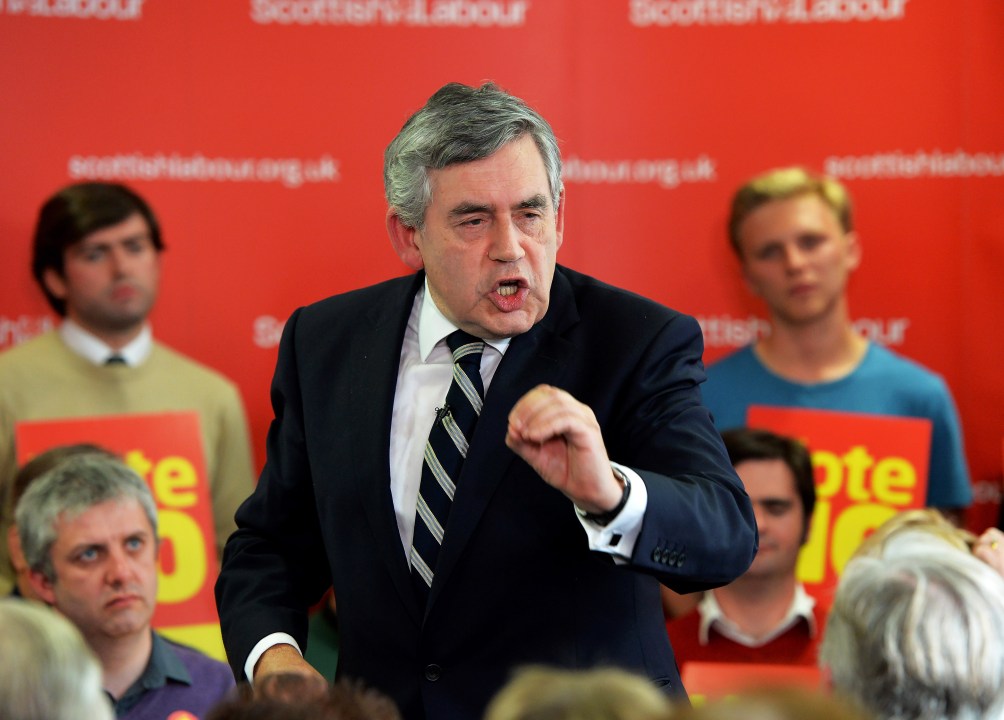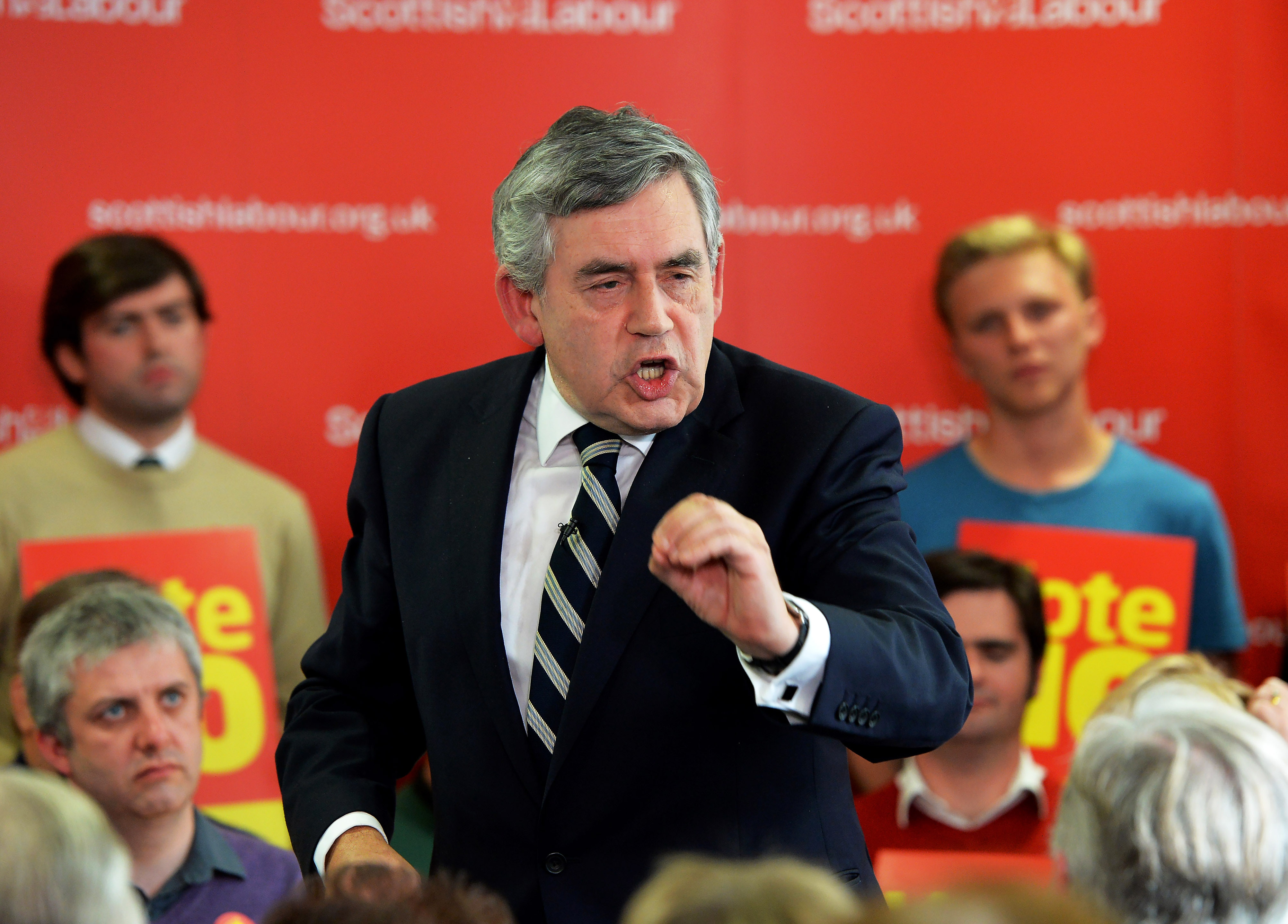Tonight Gordon Brown announced he will stand down as an MP at the next election. Current political leaders have been paying tribute, with Ed Miliband calling his old boss a ‘towering figure’, while David Cameron said he was ‘someone dedicated to public service and has worked very hard for other people’.
Even those who worked with Brown accept in their tributes to their former boss that he wasn’t perfect, while pointing out the good they felt he did in his long spell in frontline politics. So what were Brown’s good and bad bits? Spectator editor Fraser Nelson and our political editor James Forsyth pick one of each:
Fraser Nelson
Good: He tested to destruction the idea that more money is the remedy for bad public services. Thanks to him, no one will make that mistake again.
Bad: The worst thing Gordon Brown did was to destroy the Blair project and set his joyless bunch of character assassins on anyone who looked like being a talented moderate on the way up inside the Labour Party. Yes, he embarked on a public spending binge that almost bankrupted the country and introduced a culture of deceit when discussing the public finances which (alas) exists still. But no one who cherishes British democracy can enjoy seeing the Labour Party in such a state. It suffers because the Blair project did not regenerate. Tony Blair’s greatest single failing as Prime Minister was failing to sack Gordon Brown, a man whose many talents were tragically deployed in the services of a wholly destructive agenda. Blair tried to create, Brown knocked down. That is what separated them. What the Tories have got right now – school reform, welfare reform – is a continuation of a successful experiment started by brave men and women in the Labour Party. Gordon Brown ended up doing to his party what he did to the British economy. His departure now – selfishly late, giving his successor little time to get established in the constituency – is the measure of the man. We should ask ourselves: why, after five years of mulling, has he decided to quit now? I suspect I know the answer. The SNP is on the rise; a recent poll puts them on course to win 50 of 59 seats. So Brown has a choice: to stand and fight – a real fight this time, not the walkovers to which Scottish Labour has been accustomed – or to bottle it. As anyone who has followed his career can tell you, he was only ever going to take one option.
James Forsyth
Say something good about Gordon Brown’s record. At first blush, this seems quite a challenge. One could say ‘saving the Union’ but the way in which Brown presented the ‘vow’ as offering a modern form of Home Rule has made it all too easy for the Nationalists to claim that the Scots have been betrayed. Also, Brown, as the last Scottish Prime Minister of the United Kingdom, sulked in his tent for far too much of the campaign.
But there is one thing that Brown did that will forever stand on the credit side of his ledger, keeping Britain out of the euro. If it hadn’t been for Brown and Business for Sterling, Britain would have ended up inside the strait-jacket of the single currency with truly disastrous consequences.







Comments